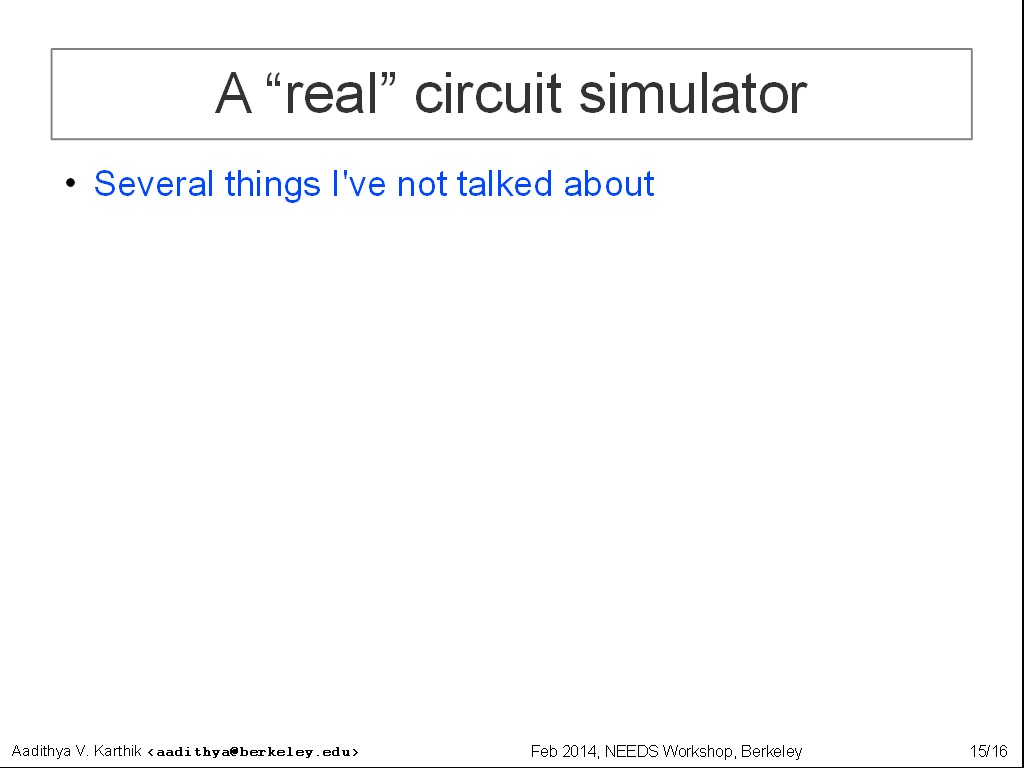
- Berkeley free word download mac os x#
- Berkeley free word download full#
- Berkeley free word download software#
- Berkeley free word download code#
Berkeley free word download full#
While you might expect an operating system with these features to sell for a high price, FreeBSD is available free of charge and comes with full source code.There is a growing body of textbooks available electronically online (eTextbooks) that are 100% free to use, print, or remix. With over 24,000 ported libraries and applications, FreeBSD supports applications for desktop, server, appliance, and embedded environments. It provides robust network services under the heaviest loads and uses memory efficiently to maintain good response times for thousands of simultaneous user processes.įreeBSD can be installed from a variety of media including CD-ROM, DVD, or directly over the network using FTP or NFS.

FreeBSD makes an ideal Internet or Intranet server.

FreeBSD offers advanced networking, performance, security and compatibility features today which are still missing in other operating systems, even some of the best commercial ones. It is developed and maintained by a large community of over 30 programmers.
Berkeley free word download code#
The various open source BSD projects generally develop the kernel and user land programs and libraries together, the source code being managed using a single central source repository.įreeBSD is an operating system for a variety of platforms which focuses on features, speed, and stability.
Berkeley free word download mac os x#
They also generally use a monolithic kernel architecture, apart from Mac OS X and DragonFly BSD which feature hybrid kernels. A number of commercial operating systems are also partly or wholly based on BSD or its descendants, including Sun's SunOS and Apple Inc.'s Mac OS X.ġ1 BSD evolution Most of the current BSD operating systems are open source and available for download, free of charge, under the BSD License, the most notable exception being Mac OS X. They are targeted at an array of systems for different purposes and are common in government facilities, universities and in commercial use. The three most notable descendants in current use-sometimes known as the BSDs-have themselves spawned a number of children, including DragonFly BSD, FreeSBIE, MirOS BSD, DesktopBSD, and PC-BSD.

Both NetBSD and FreeBSD started life in 1993, initially derived from 386BSD, but in 1994 migrating to a 4.4BSD-Lite code base. Most notable among these today are perhaps the major open source BSDs: FreeBSD, NetBSD and OpenBSD, which are all derived from 386BSD and 4.4BSD- Lite by various routes. _ "BSD 4.3 represents the single biggest theoretical undergirded of the Internet."ġ0 BSD evolution BSD has been the base of a large number of operating systems.
Berkeley free word download software#
In August 2006, Information Week magazine rated 4.4BSD as the "Greatest Software Ever Written". In June 1994, 4.4BSD was released in two forms: the freely distributable 4.4BSD-Lite contained no AT&T source, whereas 4.4BSD-Encumbered was available, as earlier releases had been, only to AT&T licensees.ĥ First version BSD lose distribution competition with Linux as a result, BSD become a OPEN BSD. This system has been published with of 1000 copies. In 1983 created a new version of BSD called 4.2BSD where included TCP/IP and IPC. In many years formed new versions of system.

This can be attributed to the ease with which it could be licensed, and the familiarity the founders of many technology companies of the time had with it.Ĥ First version In 1977 created first version of BSD called the PDP-11 with much fix in kernel and object Pascal Compiler. In the 1980s, BSD was widely adopted by vendors of workstation-class systems in the form of proprietary Unix variants such as DEC ULTRIX and Sun Microsystems SunOS. Historically, BSD has been considered a branch of Unix, Berkeley Unix, because it shared the initial codebase and design with the original AT&T Unix operating system. Operating systems derived from the original BSD code remain actively developed and widely used. Berkeley Software Distribution - is a Unix operating system derivative developed and distributed by the Computer Systems Research Group (CSRG) of the University of California, Berkeley, from 1977 to Today the term "BSD" is often used non-specifically to refer to any of the BSD descendants which together form a branch of the family of Unix-like operating systems.


 0 kommentar(er)
0 kommentar(er)
